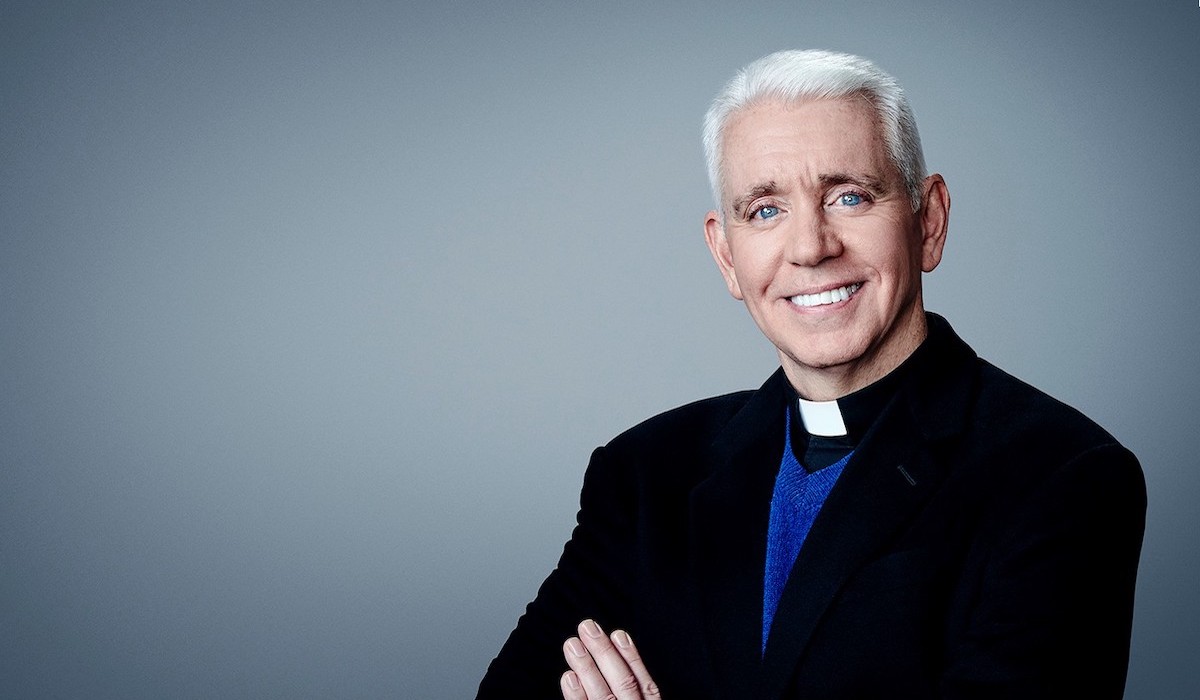I Used to Like Being Alone

As a religious priest, I was taught to cultivate solitude—told that I would have to find it, nurture it, and protect it from the encroachment of others. In the monastery where I was a novice, there were periods of enforced silence. We were supposed to be listening for God. Once, my Novice Master caught me “breaking silence,” and he said that I might not have what it takes for the long haul of the religious life. That I had better figure out if I had the stamina required for a life that would entail long periods of solitary contemplation. That I needed to make friends with being alone.
Of course, that was long before Covid-19. When the world began to shut down because of the pandemic, I had no choice but to make friends with solitude. But soon, it became my enemy.
I was living alone in Los Angeles during a sabbatical year, and suddenly, the aloneness that I had been learning to cherish felt oppressive. It morphed into loneliness. I couldn’t visit friends, say Mass, go out to eat, hug anyone hello or good-bye. There was only Zoom, and that grew old rather quickly. And even though I loved binging on Ozark and Normal People, a few months in, and I’d had my fill of Netflix and Hulu too. I missed the drama of real life.
The past year has been a tutorial in the difference between aloneness and loneliness, the difference between solitude and isolation. Despite what my Novice Master thought, I’ve always loved my alone time. Being a natural introvert, I’ve cherished times of stillness, being able to read a meandering novel, take a jog in a park or a long walk by the ocean, or eat a solitary meal with the New York Times. I like my own company. But I also liked choosing when and how to be alone—when I called the shots and aloneness wasn’t imposed on me. When I chose it, I reveled in solitude. When it was imposed on me, I resented it and felt lonely and achy. It’s akin to the difference between a single person who wants to be single and one who desires to be partnered or married. One is a state of contentment; the other, a state of restlessness.
The poet May Sarton wrote, “Loneliness is the poverty of self; solitude is the richness of self.” For people of faith solitude can reveal not only the richness of self but also of God and others. While the deepest experiences of prayer can occur in times of solitary contemplation, those are not simply moments for me and God. All of the mystical traditions maintain that the apex of meditation is the attainment of oneness with creation and all of humanity. In my aloneness, I become acutely aware that I am never alone. Solitude affords one the experience of deep connectedness and unity with all that is. Rather than being an experience of loneliness, aloneness can be a profound experience of connectedness.
The Trappist monk Thomas Merton said: “Without solitude of some sort, there is and can be no maturity. Unless one becomes empty and alone, he cannot give himself in love, because he does not possess the deep self which is the only gift worthy of love.” This makes a lot of sense to me. Solitude allow us to contemplate who we really are, our essence, and thus, we are able to share that true self with another—or with many others. Being alone helps us to show up for people in more authentic ways. Loneliness, on the other hand, shuts us down. We don’t know who we are. We stop showing up at all.
Now that our communities are beginning to open up again with the arrival of vaccines, we see others with new eyes, eyes that have shed tears at not being able to see them at all. For the first time in over a year, we are hugging grandparents. We are praying with faith communities that we have seen only through a camera lens. We are lunching with co-workers whose desks are no longer covered with unopened mail and dust. We are starting to live again as people whose experience of community is vital for our well-being. While we may still want to avoid experiences of loneliness, let’s not forget that authentic aloneness can provide a deeper appreciation of our togetherness. It can teach us who we really are.
This excerpt was featured in the April 21, 2021 Midweek edition of The Sunday Paper. The Sunday Paper publishes News and Views that Rise Above the Noise and Inspires Hearts and Minds. To get The Sunday Paper delivered to your inbox each Sunday morning for free, click here to subscribe.

